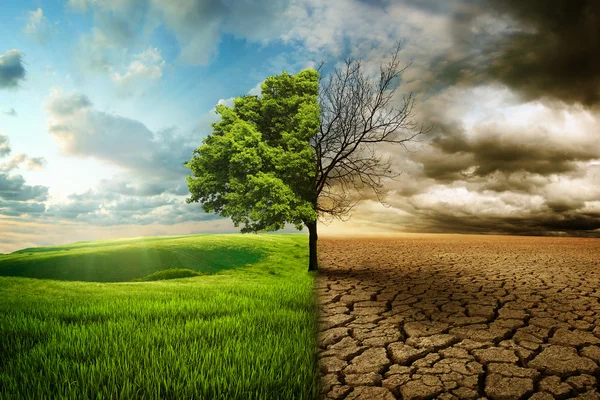Climate Change Adaptation
Climate Change Adaptation in the Face of Social Inequality and Misinformation
-
Overview
-
Project Vision
-
Publication & Media
The initiative is part of the Banting post-doctoral fellowship of Dr. Nasir Abbas Khan. This project aims to understand three interrelated contemporary challenges faced by the agri-food sectors and associated communities: climate change, misinformation, and social inequality. Specifically, it explores how climate adaptation among socially disadvantaged communities in the South Asian Caste system is influenced by misinformation—a growing challenge in agri-food sectors—and their social statuses in society, which contribute to their vulnerabilities. South Asian society has operated on a centuries-old social class system that continues to exist across its countries with minor variations. This system categorizes communities or tribes into low or high castes based on the significance of their work. This project aims to understand how climate risks impact communities situated at the lowest rungs of this social class system. Specifically, the project explores the skills and knowledge about climate change, induced risks, and respective adaptation strategies of the newly turned farming communities of a socially disadvantaged low-caste community in Pakistan. The project seeks to understand how social disparities (being low-caste communities) exacerbate vulnerabilities to climate-related challenges and how misinformation compounds these issues. It seeks to understand the unique interplay between knowledge of climate and misinformation risks and adaptation strategies employed by farmers. The initiative draws on mixed-method design and uses state-of-the-art impact assessment models and qualitative approaches.
The vision of the project is to explore whether adaptation in the face of the dual challenge of misinformation and social vulnerability affects rural households' food security and well-being. The project intends to shed light on the complex interaction of societal structures, environmental factors, and information dynamics that influence the resilience and adaptation of marginalized communities facing the twofold challenges of climate crisis and misinformation.

![]()

